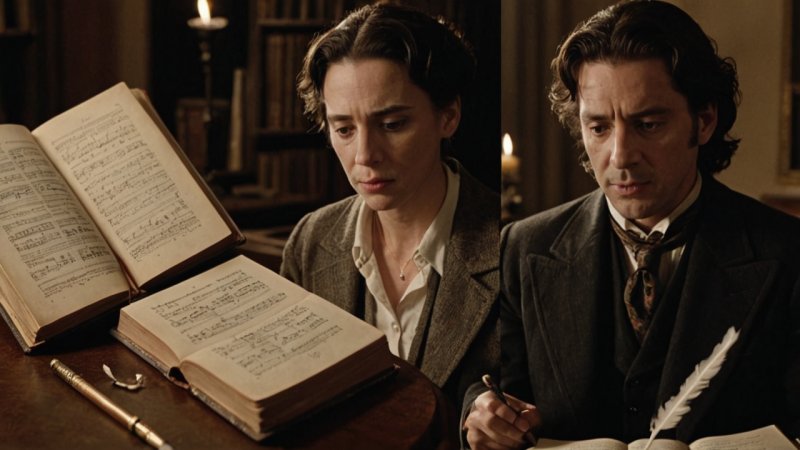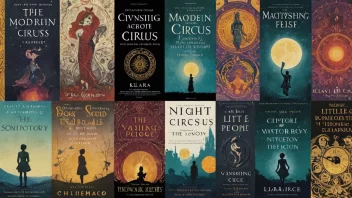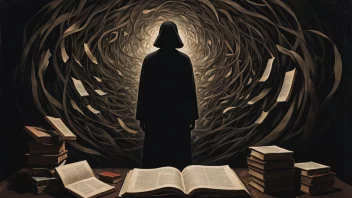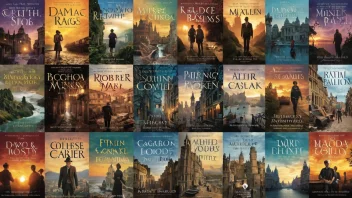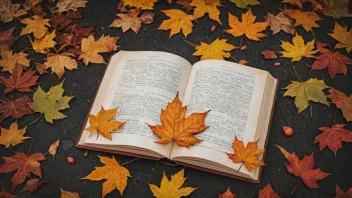In the realm of storytelling, music has always played a pivotal role in shaping the audience's emotional experience. This is particularly true in the genre of mystery and thriller, where suspenseful music can heighten tension, evoke fear, and enhance the overall narrative. This article compares the use of suspenseful music in film versus literature, examining how each medium utilizes sound or its absence to build suspense and engage the audience.
Understanding Suspenseful Music in Film
In film, suspenseful music is an essential tool for directors and composers. It can signal impending danger, create atmosphere, and manipulate the viewer's emotions. Iconic scores, such as those created by composers like John Williams and Bernard Herrmann, exemplify how music can elevate the tension in a scene.
Pros of Suspenseful Music in Film
- Immediate Emotional Response: Music can elicit strong emotions almost instantaneously. A chilling score can make viewers feel anxious or terrified within moments.
- Setting the Tone: The score sets the overall tone of the film, establishing whether a scene is tense, ominous, or foreboding.
- Enhancing Visual Storytelling: Music can complement visual elements, guiding the audience’s focus and enhancing the narrative.
Cons of Suspenseful Music in Film
- Over-reliance on Music: Sometimes, filmmakers may rely too heavily on music to convey suspense, which can detract from the storytelling if not used judiciously.
- Potential for Cliché: Certain musical motifs can become cliché, leading audiences to predict plot twists before they occur.
The Role of Suspense in Literature
In literature, suspense does not have a literal sound but can be created through word choice, pacing, and narrative structure. Authors craft suspenseful moments through carefully chosen details and cliffhangers, drawing readers into the story. While music isn't a direct element, the rhythm of the prose can mimic the tension typically evoked by a score.
Pros of Suspenseful Writing in Literature
- Imagination Engagement: Readers create their own soundtrack in their minds, allowing for a personalized emotional experience.
- In-depth Psychological Insight: Literature can delve deeper into characters’ thoughts and emotions, providing a nuanced understanding of suspense.
- Control Over Pacing: Authors control the pacing of suspense through sentence structure, which can build tension gradually or abruptly.
Cons of Suspenseful Writing in Literature
- Slow Build-Up: Some readers may find the pacing too slow, particularly if they are accustomed to the immediate impact of film scores.
- Less Immediate Impact: Without the auditory cues of music, some readers may feel that the suspense is less palpable compared to a film.
Comparative Analysis: Film vs. Literature
When comparing the two mediums, it's clear that both film and literature have their unique strengths and weaknesses in creating suspense. Film utilizes music as a direct tool to evoke emotions, while literature relies on the reader's imagination and the author's prose.
Audience Engagement
In film, audience engagement is often more immediate due to the visual and auditory elements that work in tandem. In contrast, literature requires active participation from the reader, who must engage their imagination to experience suspense.
Impact on Storytelling
While film can convey suspense quickly through music, literature often allows for a deeper exploration of themes and characters, leading to a more profound emotional investment over time. The lack of auditory cues in literature can lead to a richer, more textured experience that resonates differently with readers.
Conclusion
Both film and literature effectively use suspense to captivate audiences, yet they do so through distinct approaches. Film's use of suspenseful music creates immediate emotional responses, while literature invites readers to engage their imagination and delve into the psychological depths of suspense. Ultimately, the choice between the two may come down to personal preference—whether one enjoys the auditory thrill of a film score or the introspective journey of a suspenseful novel.
